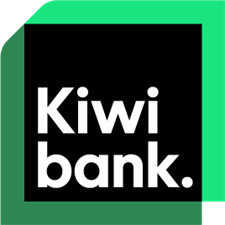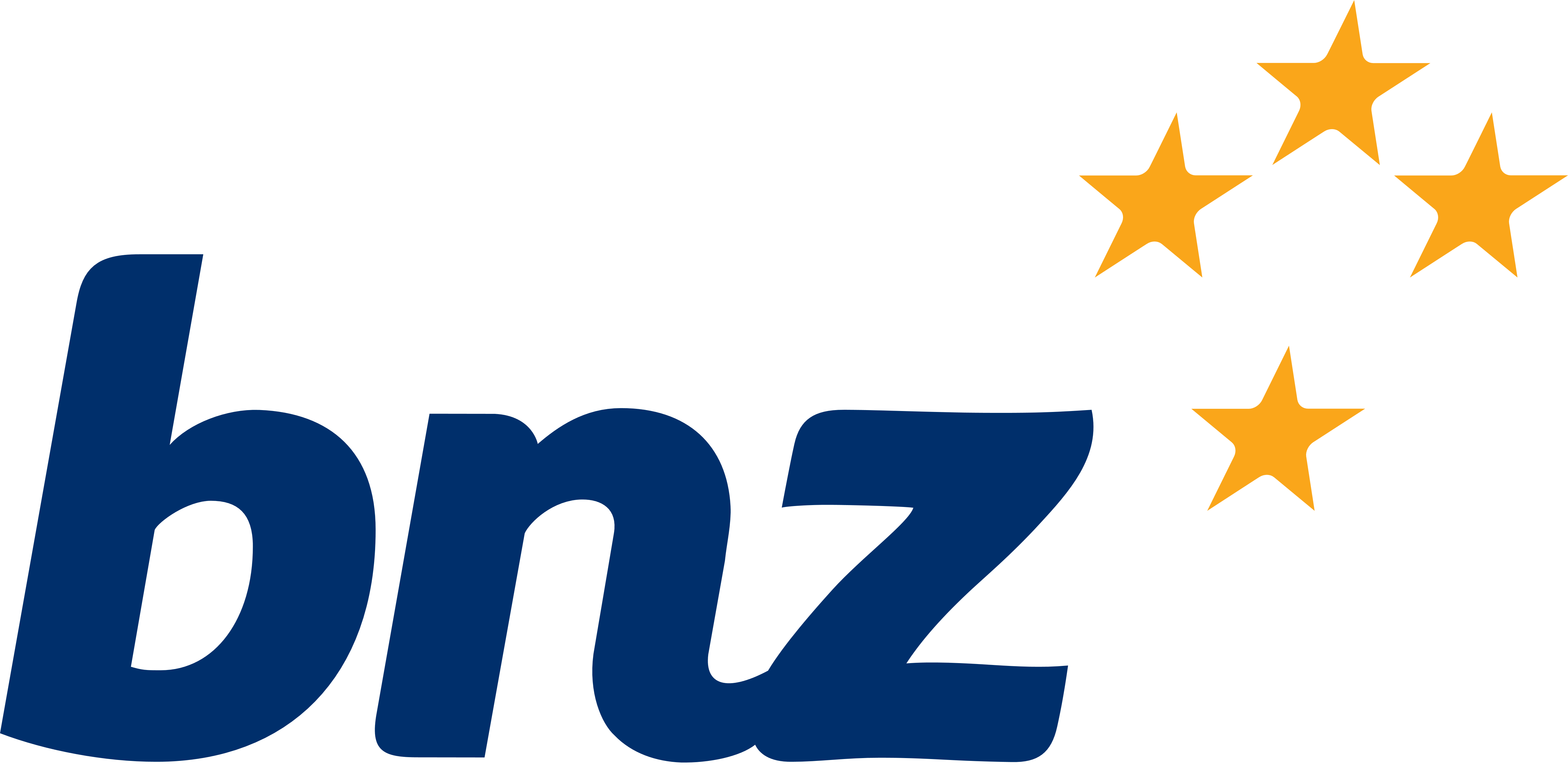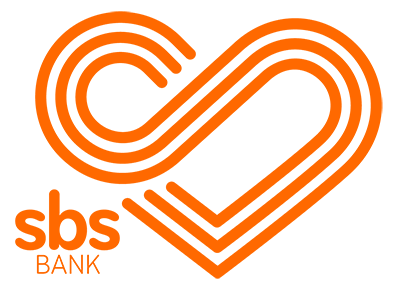Last Updated: 23/02/2026 10:15am
$5K cash with you first home. if you’re a first home buyer and taking out a new home loan (minimum of $200,000) you could get $5,000 cash.
6 months
LVR <= 80%
0
Minimum 20% equity, ANZ transaction account with salary direct credited. Not available with package discounts. Otherwise, standard rate applies.
6 months
LVR <= 80%
0
Get 1% cash back on new home loans.
6 months
LVR <= 80%
225
Apply for a new Westpac home loan of $250,000 or more for your first home and you could get a minimum of $5,000 cash back.
6 months
LVR <= 80%
0
0
6 months
LVR <= 80%
150
TSB will match any home loan rate from ANZ, ASB, BNZ or Westpac, conditions apply. The offer only applies to the purchase, refinance from another bank or building of residential owner-occupied properties with an LVR under 80%.
6 months
LVR <= 80%
0
You can make extra payments up to $10,000.00 per calendar year.
Apply for a new BNZ home loan of $250,000 or more on your first home and you could get a minimum of $5,000 cash back.
6 months
LVR <= 80%
150
6 months
LVR <= 80%
250
These rates can be booked with a $250 Booked Fixed Rate fee, terms and conditions may apply.
Get 1% cash back on new home loans.
6 months
225
6 months
LVR <= 80%
0
Early repayment of fixed term loan, $250 plus any costs.















